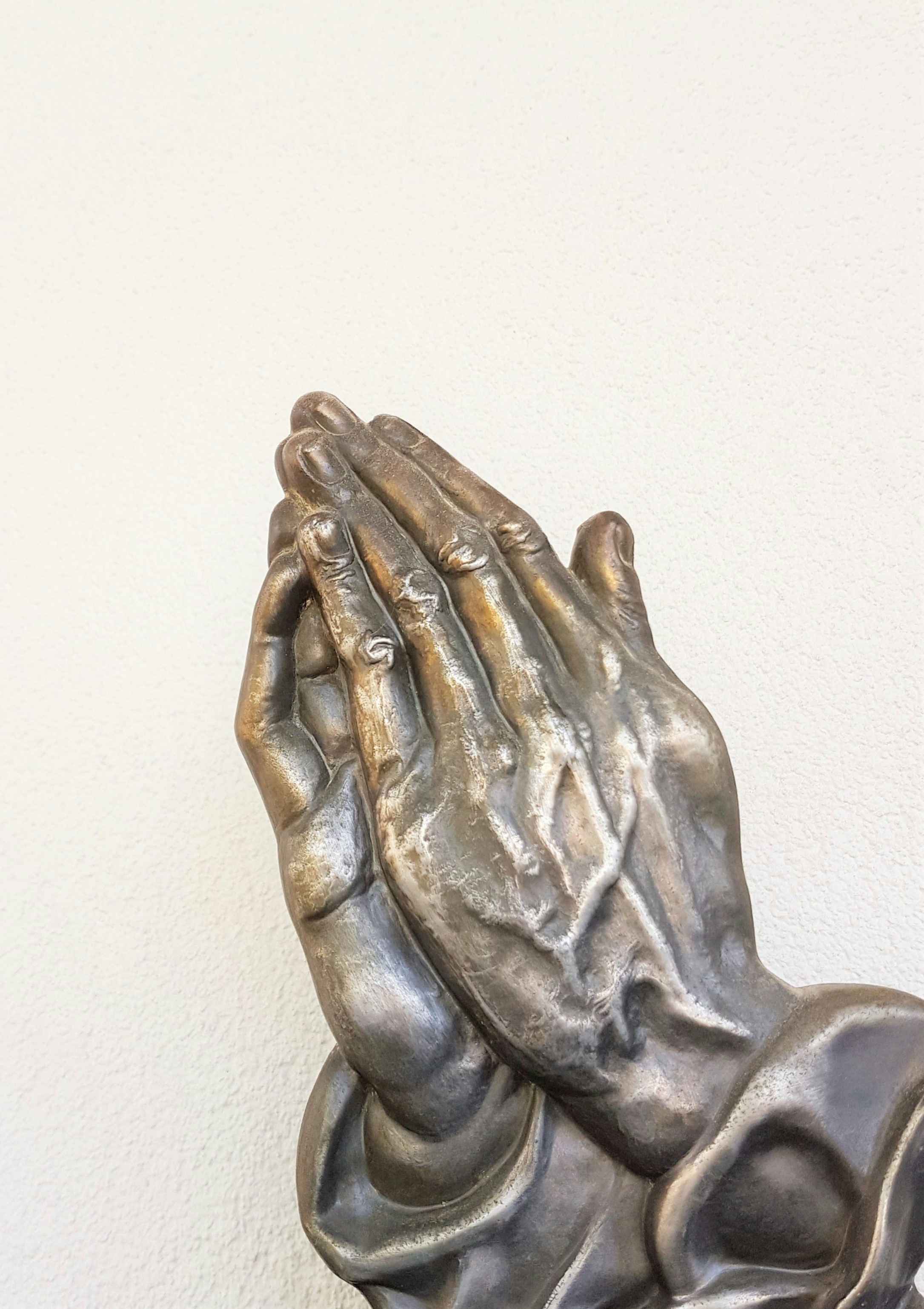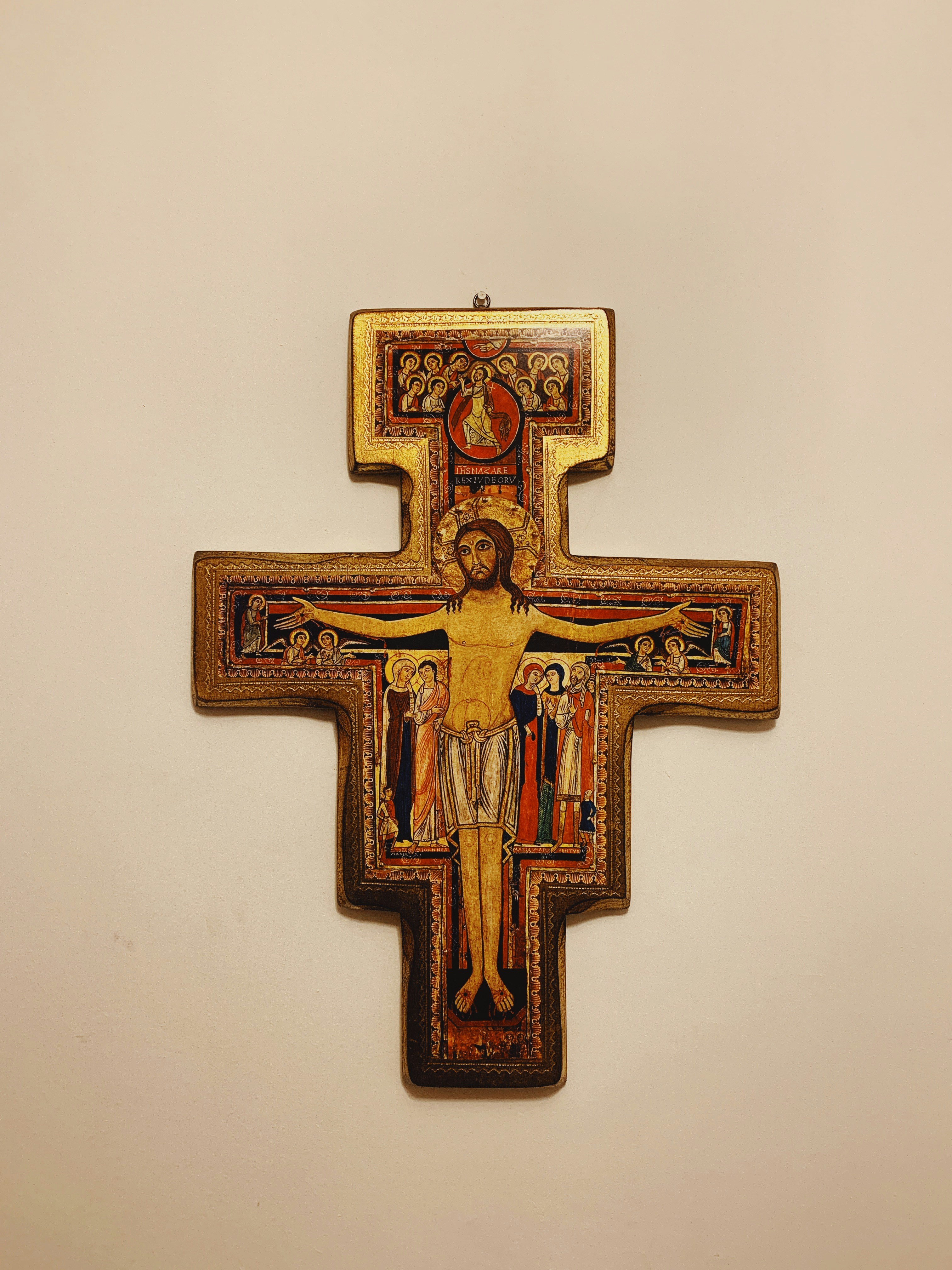Have you ever had one of those days when you feel like doing absolutely nothing? You stare at your computer screen or the full basket of laundry or your tool box and you don’t move a single muscle. You have no motivation to do anything at all. You don’t want to talk to anyone or listen to anyone or go anywhere. Sitting on the couch and staring out the window sounds just fine… staying in bed, even better!
We’ve all had those days and I’m having one today, in fact. Nothing seems to be going right, not my kids’ attitudes, nor my husband’s health nor my personal stamina. My patience is short, my to-do list is long and I’m pretty sure it’s not my calling to cheer anyone up today. It is taking all my willpower to just BE. To just be where I’m supposed to be, when I’m supposed to be there, putting one foot in front of the other.
Friends, on the one hand, I don’t think it’s altogether a bad thing to have days like this. It slows us down, forces us to focus on the essential and gives us a chance to be thankful for better days (like vacations! Yeah, I think I need one of those…). And if we are able to in the moment, it also provides us with an opportunity to realize just how weak we are and just how much we rely on God’s grace to uphold us for absolutely everything.
While we’re staring at that computer screen, we can thank God for the technology that makes our work easier. While we’re staring at that basket full of laundry, we can thank God that we have clothes to put on our backs. And while we’re staring at that tool box, we can thank God for the strength and ability to fix whatever needs fixing. As the first reading alludes to, let us not deceive ourselves, thinking any of it is our own doing. It is all gift. And it all comes from the Giver of all gifts.
Today’s Psalm Response proclaims: “The LORD’s are the earth and its fullness; the world and those who dwell in it. For he founded it upon the seas and established it upon the rivers… [W]e shall receive a blessing from the LORD, a reward from God [our] savior.” If we allow them to, these words can realign our hearts. They put us in our place, reminding us that God is the Creator and we are the created. But they also remind us just how much He wants to bless us, as is evident in the story of the miraculous catch of fish from today’s Gospel. Just as the disciples caught so many fish that their nets were bursting, so can our hearts burst with joy at all the blessings our God has given us, even on those days when we feel like doing nothing at all.
¿Alguna vez has tenido uno de esos días cuando no tienes ganas de hacer absolutamente nada? Miras fijamente la pantalla de tu computadora o la canasta llena de ropa por doblar o tu caja de herramientas y no mueves un solo músculo. No tienes ninguna motivación para hacer nada en absoluto. No quieres hablar con nadie ni escuchar a nadie ni ir a ningún lado. Sentarse en el sofá y mirar por la ventana suena super bien… ¡quedarse en la cama, aún mejor!
Todos hemos tenido esos días y, de hecho, yo he tenido uno hoy. Nada me va bien, ni la actitud de mis hijos, ni la salud de mi esposo ni mi resistencia personal. Mi paciencia es corta, mi lista de cosas por hacer es larga y estoy bastante segura de que no es mi vocación animar a nadie hoy. Se requiere toda mi fuerza de voluntad para simplemente SER. Simplemente estar donde debo estar, a la hora que debo estar allí, poniendo un pie delante del otro.
Amigos, por un lado, no creo que sea completamente malo tener días así. Nos detiene, nos obliga a centrarnos en lo esencial y nos da la oportunidad de ser agradecidos por los días mejores (¡como las vacaciones! Sí, creo que eso es lo que necesito, una vacación…). Y si podemos hacerlo en el momento, también nos brinda la oportunidad de darnos cuenta de cuán débiles somos y cuánto confiamos en la gracia de Dios para sostenernos en absolutamente todo.
Mientras miramos la pantalla de la computadora, podemos agradecerle a Dios por la tecnología que facilita nuestro trabajo. Mientras miramos esa canasta llena de ropa limpia, podemos agradecerle a Dios que tenemos ropa para ponernos. Y mientras miramos esa caja de herramientas, podemos agradecerle a Dios por la fuerza y la capacidad de arreglar lo que sea necesario. Como alude la primera lectura, no nos engañemos pensando que todo esto es obra nuestra. Todo es regalo. Y todo proviene del Dador de todos los dones.
El Salmo Responsorial de hoy proclama: “Del Señor es la tierra y lo que ella tiene, el orbe todo y los que en él habitan, pues él lo edificó sobre los mares, él fue quien lo asentó sobre los ríos.… [obtendremos] la bendición de Dios, y Dios, su salvador, [nos] hará justicia.” Si se lo permitimos, estas palabras pueden realinear nuestros corazones. Nos ponen en nuestro lugar, recordándonos que Dios es el Creador y nosotros somos los creados. Pero también nos recuerdan cuánto quiere bendecirnos, como es evidente en la historia de la pesca milagrosa del Evangelio de hoy. Así como los discípulos pescaron tantos peces que sus redes reventaban, así también nuestro corazón puede rebosar de alegría por todas las bendiciones que nuestro Dios nos ha dado, incluso en esos días cuando no tenemos ganas de hacer absolutamente nada.
Feature Image Credit: Tom Morel, unsplash.com/photos/mens-gray-crew-neck-long-sleeve-shirt-hkbQnC7FAqU
 Tami Urcia grew up in Western Michigan, a middle child in a large Catholic family. She spent early young adulthood as a missionary in Mexico, studying theology and philosophy, then worked and traveled extensively before finishing her Bachelor’s Degree in Western Kentucky. She loves tackling projects, finding fun ways to keep her little ones occupied, quiet conversation with the hubby and finding unique ways to love. She works full time at Diocesan, is a guest blogger on CatholicMom.com and BlessedIsShe.net, and has been doing Spanish translations on the side for over 20 years.
Tami Urcia grew up in Western Michigan, a middle child in a large Catholic family. She spent early young adulthood as a missionary in Mexico, studying theology and philosophy, then worked and traveled extensively before finishing her Bachelor’s Degree in Western Kentucky. She loves tackling projects, finding fun ways to keep her little ones occupied, quiet conversation with the hubby and finding unique ways to love. She works full time at Diocesan, is a guest blogger on CatholicMom.com and BlessedIsShe.net, and has been doing Spanish translations on the side for over 20 years.




 Kate Taliaferro is an Air Force wife and mother. She is blessed to be able to homeschool, bake bread and fold endless piles of laundry. When not planning a school day, writing a blog post or cooking pasta, Kate can be found curled up with a book or working with some kind of fiber craft. Kate blogs at
Kate Taliaferro is an Air Force wife and mother. She is blessed to be able to homeschool, bake bread and fold endless piles of laundry. When not planning a school day, writing a blog post or cooking pasta, Kate can be found curled up with a book or working with some kind of fiber craft. Kate blogs at 
 David Dashiell is a freelance author and editor in Nashville, Tennessee. He has a master’s degree in theology from Franciscan University, and is the editor of the anthology
David Dashiell is a freelance author and editor in Nashville, Tennessee. He has a master’s degree in theology from Franciscan University, and is the editor of the anthology 





 A lover of Jesus Christ, a wife, and a mother of five,
A lover of Jesus Christ, a wife, and a mother of five, 
 Allison Gingras (
Allison Gingras ( 



 Dr. Alexis Dallara-Marsh is a board-certified neurologist who practices in Bergen County, NJ. She is a wife to her best friend, Akeem, and a mother of two little ones on Earth and two others in heaven above.
Dr. Alexis Dallara-Marsh is a board-certified neurologist who practices in Bergen County, NJ. She is a wife to her best friend, Akeem, and a mother of two little ones on Earth and two others in heaven above.